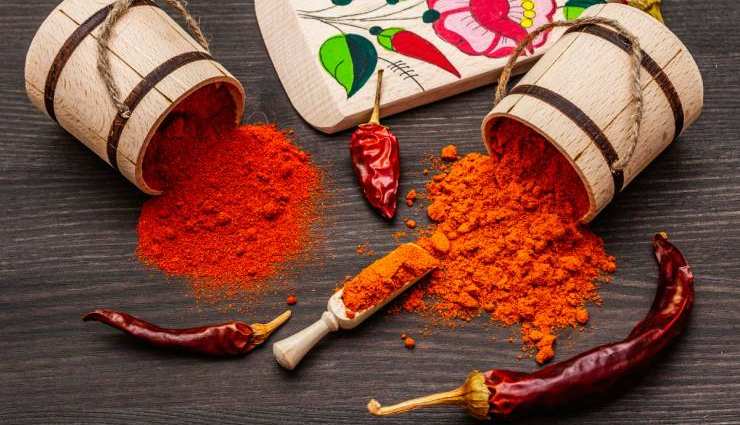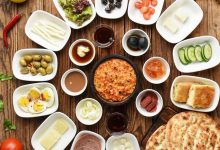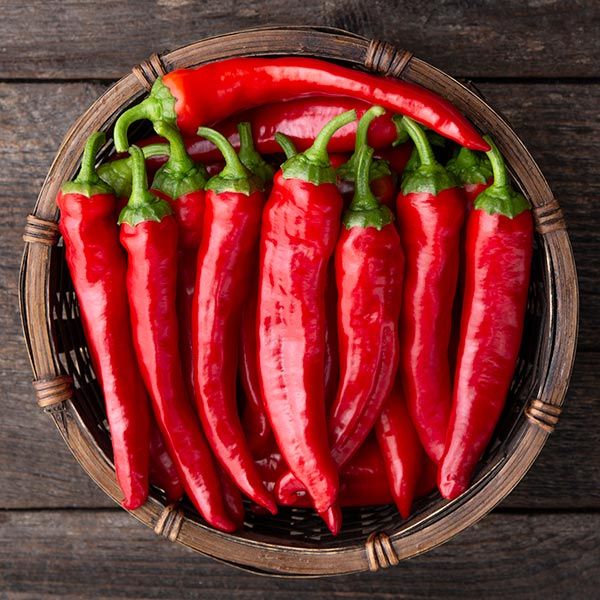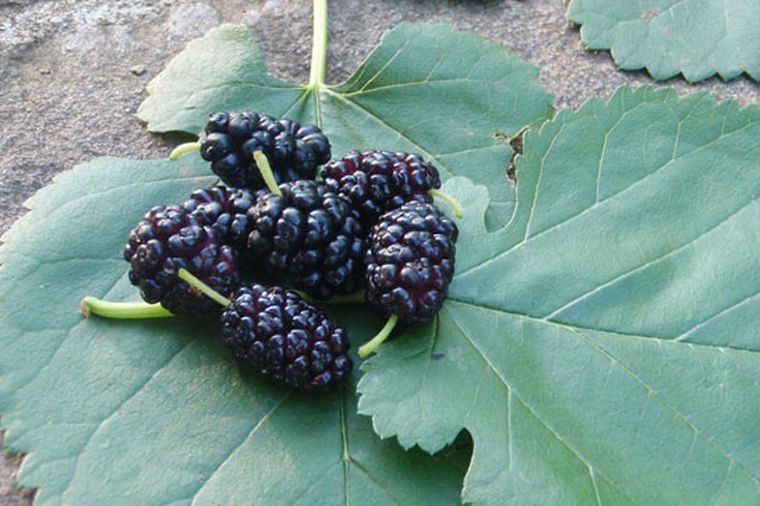Winter snacks and the best food for the cold season
In winter and cold weather, to prevent seasonal illnesses, you should adjust your diet to suit winter; there are some excellent and suitable foods for winter.
As you know, cold winter weather dramatically affects your life and health. The body must make changes in the level of metabolism, energy, and even food intake, so to prevent seasonal illnesses, you must adjust your diet to Set the chapter.
The best food for the cold season:
the vegetables :
Vegetables are one of the first useful foods for winter. Rooted vegetables such as carrots, beets, and turnips can increase the body’s resistance to cold weather, so you can boil turnips and get vitamins A and C and fry carrots for better absorption of beta-carotene.
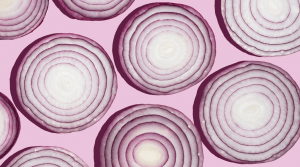
Onions:
Onions are low in calories but high in fiber, and vitamin C. Onions contain “adenosine,” which delays blood clot formation and prevents heart attacks. Raw onions also lower cholesterol and lower blood pressure.
Onions can be added to soups, salads, meats, and pasta. Although keeping onions in the refrigerator softens them, you can keep them in the refrigerator for a few days in a cool, dry place.
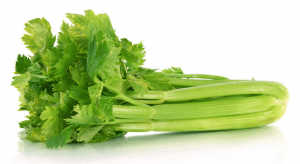
Celery:
Celery is one of the great winter products with a pleasant aroma and taste due to its fiber, vitamin C, phosphorus, and low calories. Celery, like other root vegetables, stays fresh in the refrigerator for up to a month.
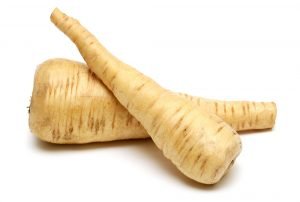
Parsnip:
Parsnip has many benefits and is rich in potassium, fiber, folate, and vitamin C. Parsnip is a little sweet like carrots combined with most winter stews, soups, or pastries. A cup of cooked Parsnip has only 55 calories but provides 17% of vitamin C daily. Also, Parsnip stays fresh in the refrigerator for 3-4 weeks.
Pomegranate :
Pomegranate is one of the most nutritious foods and rich in antioxidants. It also proves its anti-inflammatory properties can help you improve heart problems such as high blood pressure, high cholesterol, heart attack, and heart failure.
Research shows that drinking pomegranate juice can reduce fatty deposits in the arteries, leading to many heart diseases. Pomegranate stays fresh at room temperature for 1-2 weeks and up to 2 months.
Carrots:
Carrots are a source of vitamin C, folic acid, fiber, and potassium, and low-calorie starchy food. Half a cup of carrots contains 60 kcal of energy and can be used in various soups and stews. You can also substitute a variety of potatoes or other starchy vegetables.
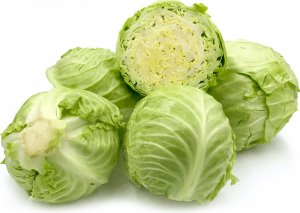
Cabbage:
Cabbage is rich in vitamins C, A, K, and E and minerals such as iron, manganese, calcium, potassium, antioxidants that help digest food, lower cholesterol levels and prevent cancer.
Cabbage is also low in calories and can be added to salads and soups, and to keep the cabbage fresh for 1-2 weeks, you need to wrap it in the paper, put it in plastic bags, and refrigerate it.
Honey:
Honey is a natural sweetener that can help prevent fatigue as well as increase energy levels. The antioxidants improve the immune system and contain antimicrobial compounds to kill bacteria and relieve winter sore throats.
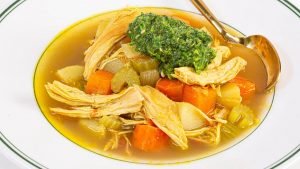
chicken soup :
Chicken soup is an excellent food for cold winter days. When making soup, add some chicken broth.
coconut milk :
Studies show that the fatty acids in coconut milk may help speed up metabolism and weight loss, so if you gain weight in the winter, include some coconut milk in your diet.
potato :
Potatoes are a good source of minerals, vitamins (A, C), beta-carotene, and fiber. They have a high glycemic index, and eating potatoes may help lower blood pressure and boost antioxidants. You can also eat potatoes. Keep in a cool, dark place for 1-2 weeks and separate the potatoes from the apples and onions for better shelf life.
Apple :
Apples are one of the best fruits for winter because of their pectin fiber and antioxidants, and vitamins, including them in your diet.
Green tea :
Avoid coffee because it can quickly increase calorie intake. Instead, drink green tea because it is naturally low in calories and contains flavonoids, antioxidants that help you lose weight, so it is one of the best. Winter drinks are trendy.
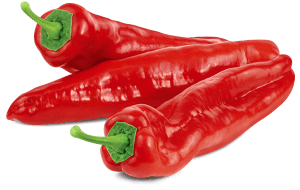
Red pepper:
Red pepper is recommended for winter consumption because it is warm and added to vegetables and meat.
Greek yogurt:
Greek yogurt is the right choice for winter use due to its sufficient protein and low-fat content.
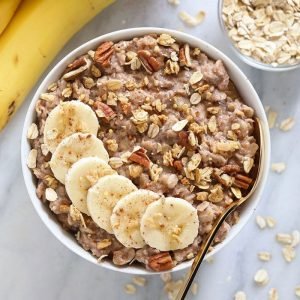
Oatmeal:
Due to having enough fiber, oats provide energy to the body and help stabilize blood sugar levels and lower cholesterol levels, so it is the right winter choice.
Broccoli:
Broccoli strengthens the immune system due to its vitamin C and prevents winter diseases.
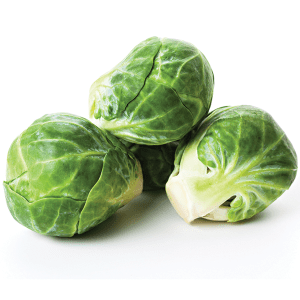
Brussel sprout:
Brussels sprouts contain large amounts of anti-cancer antioxidants that help protect DNA from damage, and these vegetables can be stored in the refrigerator for several weeks.
Turnip:
Turnips may look like potatoes, but they are a subset of broccoli, cabbage, and cauliflower. They also contain antioxidants, folate, vitamins C and C, potassium, calcium, and fiber. Turnip is anti-cold and is very suitable for winter consumption. You can boil turnips or put them in the oven or steam them or add them to salads, soups, stews, and other vegetable dishes.
Beets:
Vegetable beets are high in sugar, and each cup contains 50 kcal of energy. This beneficial plant contains a plant pigment called betacyanin, which prevents cancer cells from invading the body’s cells and also can fight tumors, so cook and taste them or add them to your salad.
Red Papaya:
Papaya is rich in vitamins A and C, which are two essential nutrients for winter days.
Liver:
The liver is the right choice for winter because of its protein, minerals, vitamins, iron, and B vitamins. Although high in calories and fat, its proteins help with weight loss.
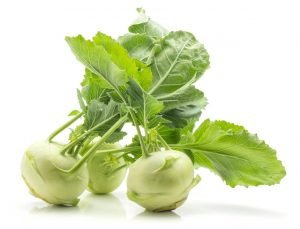
Kohlrabi:
Kohlrabi is rich in vitamin C, vitamin A, folic acid, and fiber and is deficient in calories. Half a cup of cabbage has about 25 kcal of energy. Kohlrabi strengthens the immune system, protects your arteries and heart, reduces asthma symptoms, and fights cancer. Kohlrabi is also very tasty in soup, so do not miss this useful plant.
Garlic:
Garlic fights bacteria and strengthens the immune system due to its calcium, potassium, and sulfur compounds.
Also Read:
Complete And Accurate Winter Skincare Program


